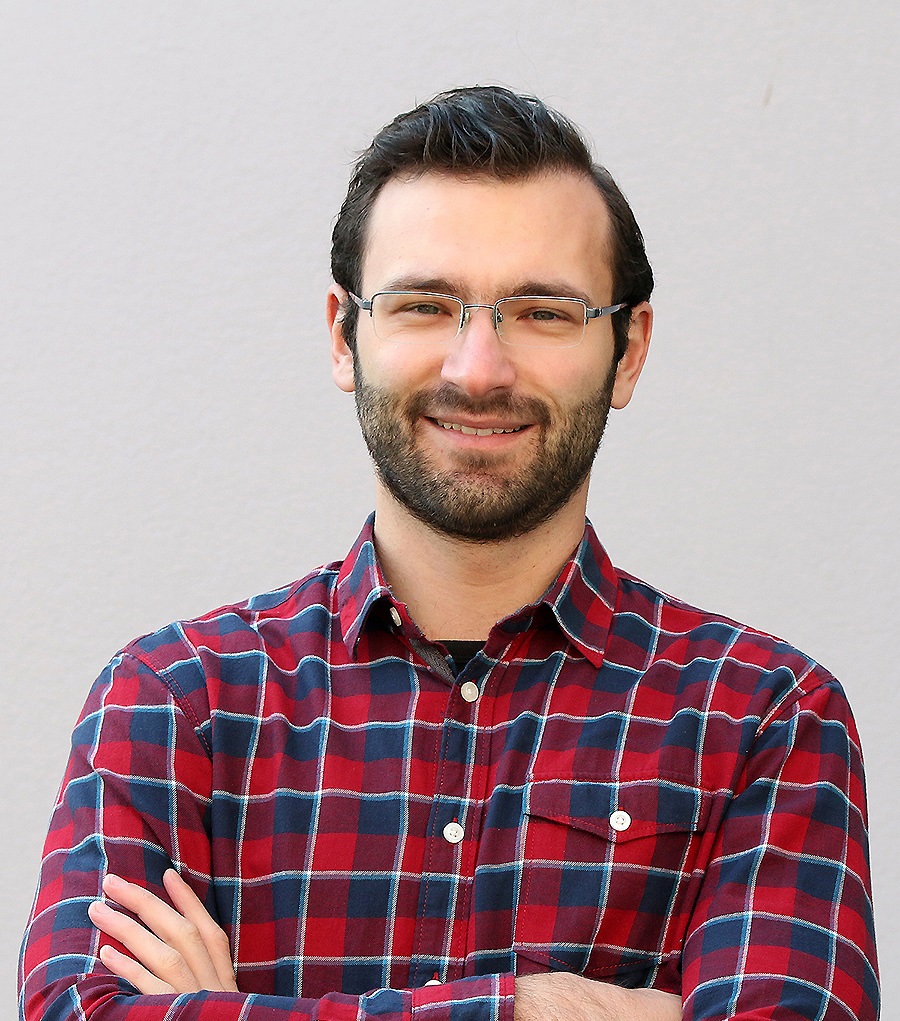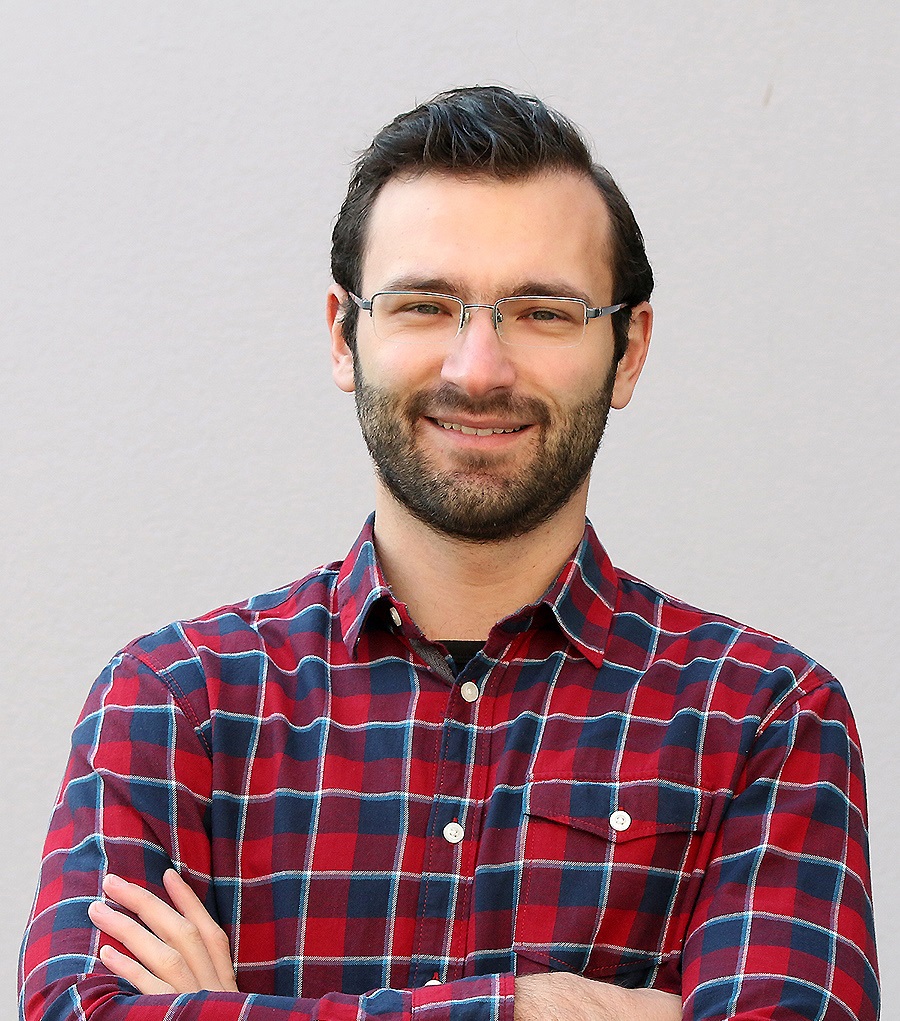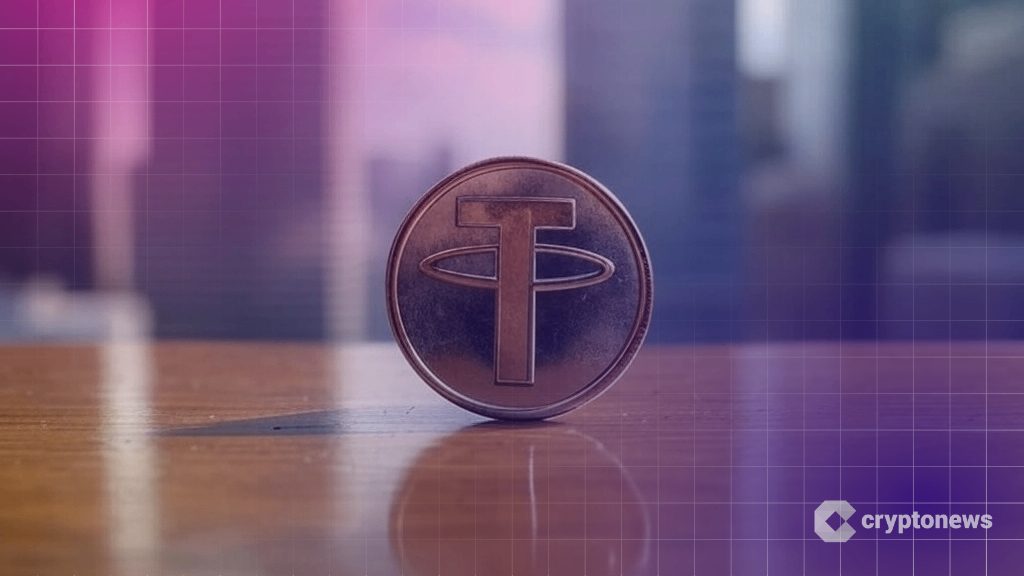Last updated:
 Why Trust Cryptonews
Why Trust Cryptonews
Cryptonews Podcast host Matt Zahab recently sat down for an insightful interview with Roham Gharegozlou, the Founder and CEO of NFT giant Dapper Labs and a Board Member of the Flow Foundation, the non-profit that operates parts of layer-1 chain Flow.
Gharegozlou discussed how the crypto industry and true ownership are more than just currency, saying that most things in our daily lives are non-fungible and that NFTs haven’t seen their major mainstream moment yet.
He talked about CryptoKitties’ reincarnation and noted that FLOW recorded more contracts deployed in two weeks after its major update than in two prior years.
Ownership is More Than Currency: Most Things in Life Are Non-Fungible
The CryptoKitties story is Gharegozlou’s favorite one, he told Matt.
His last company, Axiom Zen, did a lot of experimentation, starting to “play around” with Bitcoin in 2014.
The team turned their focus to Ethereum, which “was the promise of a decentralized computer” on top of which developers could build any application.
Yet the applications at the time were disappointing to them, the CEO said. They were all “basically cryptocurrencies” – speculative instruments that people bought in ICOs, hoping the price would skyrocket.
The Axiom Zen team, however, was interested in the concept of true ownership, holders being in control of their assets, and developers building tools without asking for anyone’s permission.
“That seems like a much bigger idea than just currency,” Gharegozlou argued.
That’s how the team started working towards CryptoKitties with the thesis that “crypto is much bigger than currency.”
Per the CEO, “most things in your life are non-fungible.”
Money is fungible, but family, friends, homes, cars, personal data, billions a year spent on digital assets inside games – people’s entire digital identities – these are all non-fungible.
There was no way to represent non-fungible things on a crypto network like Ethereum at that point.
This is how this team created the concept of a non-fungible token and the first NFT standard: ERC-721.
They published it in September 2017, “but not that many people cared until we launched something cool on top of it.” That was the first version of mega-popular CryptoKitties.
CryptoKitties Live
While creating CryptoKitties, the team knew they wanted to play around in the gaming sphere and include the concept of collecting.
Collecting is “inherent in almost any mobile game. But also, if you think about it, [it’s been present] from the dawn of human civilizations, people walking on the beach collecting seashells and [using them as] currency.”
However, once the game launched, the new NFT standard “sort of took over Ethereum.” A lot of the network’s computing power was going towards breeding kitties.
“We were getting death threats from people trying to do ICOs. It was a good time,” remarked Gharegozlou.
At this point, they realized that, while promising, the technology was difficult to use. Figuring out what to do at any given step was a time-consuming challenge for users.
But scalability was an even bigger issue. Breeding a single cat quickly went from fractions of a cent to hundreds of dollars.
“And that broke a lot of things about the game economy and convinced us that we’ve got to build the next-generation network,” the CEO said.
This subsequently led to FLOW and massive products like NBA Top Shot.
But CryptoKitties live!
The team recently launched the game’s new version as the first step towards a wider CryptoKitties universe.
This universe will enable people to bring cats from the original CryptoKitties and to gain “a lot more capabilities at a much lower cost.”
No, NFTs Haven’t Had Their Big Mainstream Moment Yet
NFTs are far from dead.
As a matter of fact, “I don’t think we’ve actually had real mainstream NFT mania yet,” Gharegozlou remarked.
While NFTs were everywhere in the news in 2020-2021, it was still difficult to get an NFT.
One issue was the complexity of the process, but the prices were a major obstacle as well.
The CEO said that at the time, certain crypto and blockchain companies would “handhold” celebrities to buy their first Board Ape because it was so difficult to go through that process.
However, now, “the bones are in place for it to be much more straightforward.”
“I’m not a trader, I’m a builder,” Gharegozlou said, adding that he is focused on making the process smoother, easier, and available for the next generation of entrants.
User experience needs to improve, but builders and the culture of this industry products need to “lean into what makes the technology special.”
Billions are spent on games and other closed digital environments, essentially burning that money.
At the same time, most people in the world have yet to get the opportunity to participate in an open economy.
Therefore, builders need to give value back to the people that are creating it, rather than focusing on “speculative games that burn people on the way down.”
This approach will enable millions of people globally to get their first crypto opportunity and wallet, and their first exposure to a peer-to-peer network. There is no middleman. “You’re providing services and getting paid for it,” the CEO said.
More Contracts Deployed on FLOW in Two Weeks Than Two Prior Years
Dapper Labs and FLOW are separate entities. But FLOW is the blockchain on which all the products run, including CryptoKitties, NFL, NBA, and Disney.
Its partners include Fortune 500 companies like Mattel, as well as Ticketmaster, “one of the biggest Web3 projects that’s not a cryptocurrency exchange.”
Also, Apple is a close partner, hosting multiple of the team’s NFT apps on the App Store.
While many people may still see blockchains as just “token-moving machines,” this technology is for anybody to be able to use, including its DeFi components, the CEO argued.
“The coolest thing about FLOW is it’s now fully EVM equivalent, which means everything that works on Ethereum will work out of the box on Flow.”
Over the two weeks following the launch of this update, “we’ve seen almost as many contracts deployed as in the entire two, three years before that,” Gharegozlou. And I’m pretty excited about it because it means more developers building more things for our products, too.””
The name of this biggest network upgrade since FLOW was launched is Crescendo.
It upgrades several pieces of the network from the core architecture to the programming language and makes it considerably faster.
It is “almost backward compatibility because we built FLOW to be such a future-facing network that we reinvented the wheel in a necessary way,” Gharegozlou said.
Therefore, it is much easier now for any developer to get started and launch an EVM product within a day with all the tooling the customer may need.
They don’t have to worry about the infrastructure and can just focus on building their applications and improving user experience.
____
That’s not all.
Gharegozlou also discussed:
- origin story of Crypto Kitties and NFTs;
- inspiration for the NFT standard coming from real estate;
- current state and future of the NFT market;
- now being a great time to jump into NFL products;
- the Crescendo Upgrade;
- what EVM equivalence means for Flow, developers, and users;
- sports predictions.
You can watch the full podcast episode here.
__________
About Roham Gharegozlou
Roham Gharegozlou is the Founder and CEO of Dapper Labs and a Board Member of the Flow Foundation.
Under Gharegozlou’s leadership, Dapper Labs developed NBA Top Shot, NFL ALLDAY, and Disney Pinnacle.
He was also instrumental in developing Flow, a blockchain designed for mainstream adoption. The chain is home for consumer Web3, attracting major brands like Disney, Mattel, and Ticketmaster/LiveNation, with over 45 million user accounts on the network.
After founding Axiom Zen in 2012, Gharegozlou developed multiple award-winning products and companies, including Routific and Zenhub.
During this time, his team introduced ERC-721 to mainstream audiences and coined the term ‘NFT’ with CryptoKitties, one of the first blockchain games to gain widespread popularity. Gharegozlou holds BA, BS, and MS degrees from Stanford University.





